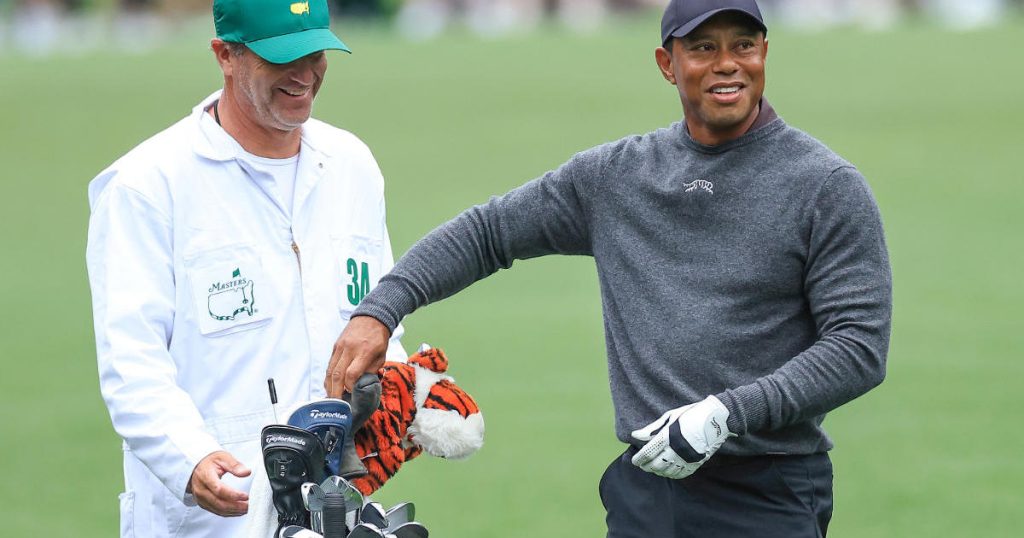Being a caddie at the Masters is a unique experience, as described by Ken Martin who caddied for Sandy Lyle last year. The treatment of caddies at Augusta National Golf Club is exceptional, with perks such as their own locker room and high-quality food. However, the hilly course presents physical challenges that require caddies to be fit. The Masters Tournament attracts top professional golfers like Tiger Woods and Phil Mickelson, who compete for a multimillion-dollar cash prize and the opportunity to wear the prestigious green jacket for a year. The purse for the tournament has seen significant increases over the years, with the winner’s caddie also receiving a substantial payout.
Caddies develop strong relationships with golfers over time, with constant communication during tournaments like the Masters. Beyond just carrying the bag, caddies provide technical advice on club choice and swing technique, drawing on their professional experience in the game. While golf is a key focus, the camaraderie between caddie and player plays a significant role in their working relationship. Caddies at the Masters receive a weekly wage and a percentage of the player’s earnings, with opportunities to earn substantial amounts depending on their player’s performance.
The financial aspect of caddying at the Masters involves a weekly wage and a percentage of the player’s prize money. Caddies can earn between $2,000 and $4,000 per week, along with a percentage of their player’s earnings after the tournament. The caddie of the winning player receives 10% of the prize money, while runners-up and other caddies receive a lower percentage. Changes in PGA Tour wages and prize money have provided caddies with the opportunity to potentially earn six-figure sums after a tournament. However, if a player fails to make the cut, caddies may not receive additional compensation beyond their weekly fee.
The role of a caddie extends beyond physical tasks to include strategic input and support for the player during tournaments like the Masters. Caddies’ expertise in the game, combined with their personal connection to the golfer, contributes to a successful partnership on the course. The long hours spent together foster a friendship that goes beyond the game of golf, making the experience more enjoyable and fulfilling for both caddie and player. Despite the challenges of the job, caddies like Ken Martin find satisfaction in their work at elite tournaments like the Masters.
In recent years, caddies have seen positive changes in their compensation, reflecting the overall growth in prize money and wages in professional golf. Caddies can now potentially earn significant sums through their work with players on the PGA Tour, providing them with financial stability and rewarding their expertise. While the financial aspect is important, the personal connection between caddie and player remains a central aspect of their partnership, enhancing the overall experience of working together on the golf course. The Masters Tournament continues to be a prestigious event that showcases the best in golf, with caddies playing a crucial role in the success of their players.


